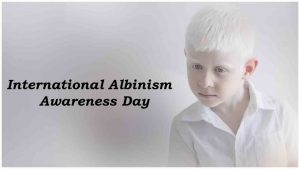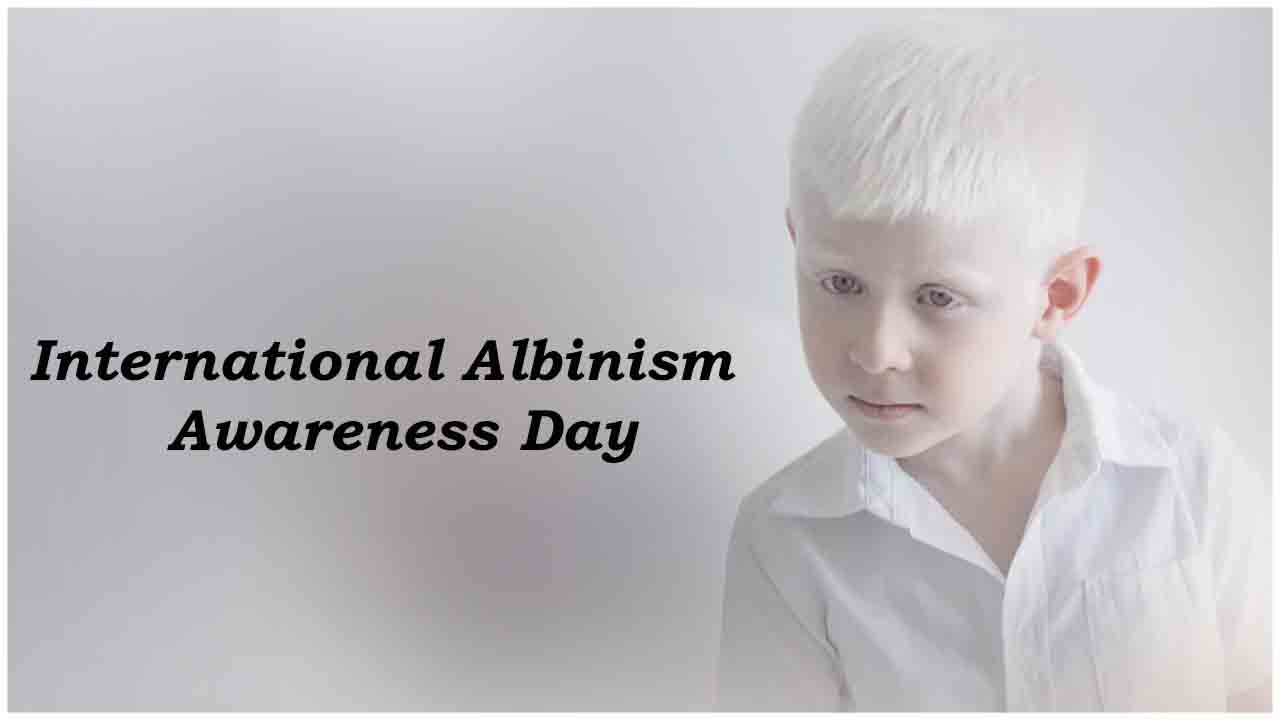
The International Albinism Awareness Day (IAAD) is celebrated annually on June 13 to celebrate the human rights of persons with albinism worldwide. Each year events are held to educate people and celebrate people with albinism who continue to suffer all types of human rights violations.
“Strength Beyond All Odds” is the theme for this year’s International Albinism Awareness Day.
Buy Prime Test Series for all Banking, SSC, Insurance & other exams
History of International Albinism Awareness Day:
In the mid-2000s, there had been reports of violent attacks on and murders of people with albinism in Tanzania. The attacks were linked to beliefs that people with albinism had magical powers, so they were preyed upon for parts to be used as lucky charms and in occult rituals.
When in 2015 around 70 were killed and many more were harmed, the Tanzania Albinism Society (TAS) and other NGOs lobbied for the rights of people with albinism. This led to the celebration of the first Albino Day on May 4, 2006. The day was finally made official when the UN’s General Assembly adopted on December 18, 2014, a resolution that proclaimed June 13 as International Albinism Awareness Day with effect from 2015.
What is albinism?
Albinism is a rare, non-contagious, genetically inherited difference present at birth. In almost all types of albinism, both parents must carry the gene for it to be passed on, even if they do not have albinism themselves. The condition is found in both sexes regardless of ethnicity and in all countries of the world. Albinism results in a lack of pigmentation (melanin) in the hair, skin and eyes, causing vulnerability to the sun and bright light. As a result, almost all people with albinism are visually impaired and are prone to developing skin cancer. There is no cure for the absence of melanin that is central to albinism.




 India Beat Pakistan in T20 World Cup 202...
India Beat Pakistan in T20 World Cup 202...
 Weekly One Liners 09th to 15th of Februa...
Weekly One Liners 09th to 15th of Februa...
 Highest Partnerships in India–Pakistan T...
Highest Partnerships in India–Pakistan T...








